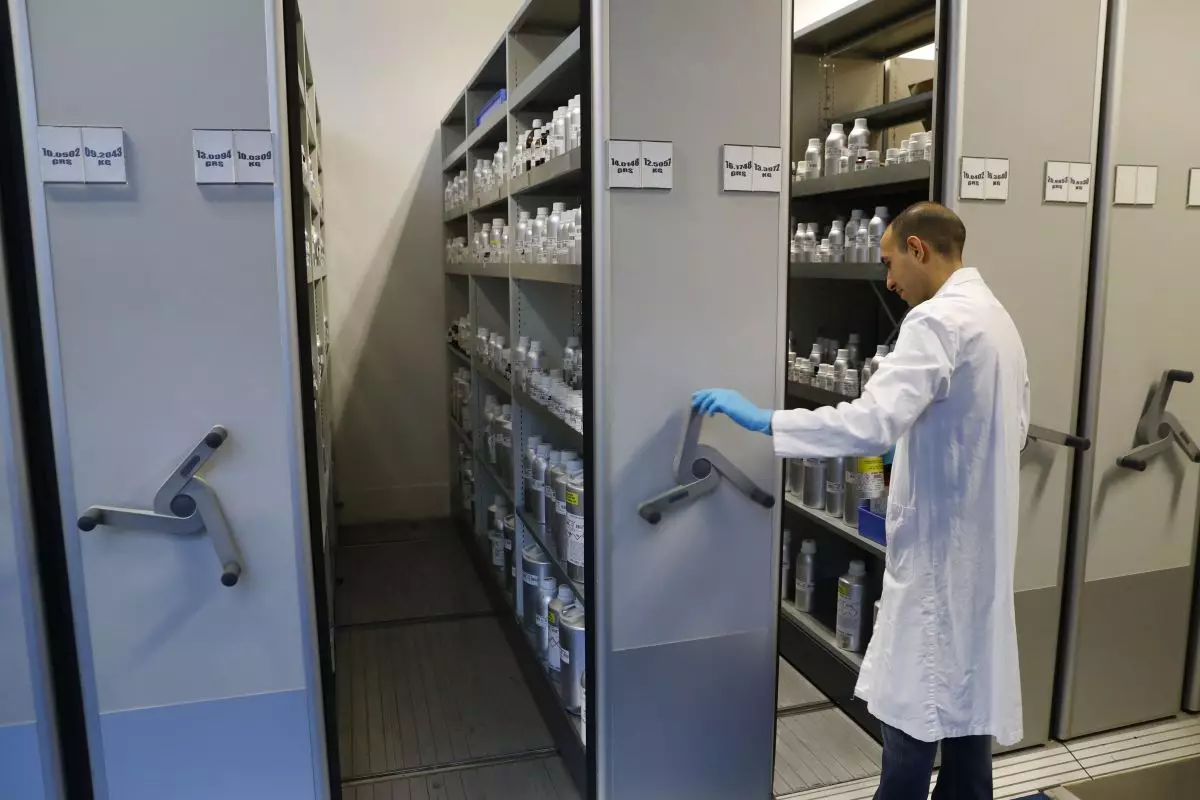In recent years, generative AI has emerged as a pivotal component in various scientific disciplines, particularly in chemistry, where the complexity of molecular interactions often requires innovation in methodologies. The essence of scientific inquiry—rooted in rigorous trial and error—benefits immensely from advanced computational tools that can streamline the research and development process. As startups like Albert Invent secure substantial funding, it becomes evident that there is a growing recognition of the potential for AI to revolutionize how chemical processes are understood, developed, and improved.
Albert Invent stands at the forefront of this AI revolution. The company has developed an innovative platform known as Albert Breakthrough, which is designed to leverage historical data from chemical experiments to assist researchers in formulating new compounds. The founders, with a strong background in 3D printing and materials science, recognized the unique intersection where AI can make a significant impact in chemistry. Recent Series A funding of $22.5 million, led by Coatue, underscores the growing confidence investors have in the transformative potential of their technology.
By employing proprietary AI models trained on over 15 million chemical structures, Albert Breakthrough offers an unprecedented resource for chemists. The ability to predict toxicology in real time represents a notable advancement. Conventional industry models often fall short in efficiency and accuracy, positioning Albert’s platform as an essential tool for chemical companies eager to expedite product development while maintaining high safety standards.
As Nick Talken, CEO and co-founder of Albert Invent, notes, the problems facing society—ranging from sustainability to advancements in personalized medicine—are deeply intertwined with the field of chemistry. The application of AI in this domain promises not only to enhance the speed of research but also to ensure that the outcomes are more viable and environmentally friendly. The integration of AI could bring about a paradigm shift, allowing companies to innovate at an unprecedented pace.
Moreover, the platform’s capabilities are designed to meet the specific needs of the chemical industry. By harnessing domain-specific data rather than general internet sources, Albert Invent tailors its insights to address the unique challenges chemists face. The model provides a level of precision and relevance that is crucial in a field where miscalculations can lead to significant repercussions.
Albert Invent’s journey has already captured attention from prominent players in the industry. Clients such as Chemours, Solenis, and Henkel indicate that the platform is not just a startup novelty; it is becoming integral to major chemical manufacturers’ operations. The endorsement of significant figures within these companies, such as Johan Landfors from Nouryon, emphasizes the platform’s potential to reshape product development strategies.
Investments from reputable firms including TCV and Index Ventures bolster Albert Invent’s position in a competitive landscape. As the company continues to refine its platform, the feedback loop from established players will likely influence its evolution, ensuring that Albert Breakthrough meets the changing demands of the industry.
The emergence of Albert Invent and its innovative platform symbolizes a broader trend where generative AI serves as a critical ally in scientific research. As we move toward a future where efficiency and sustainability guide development, the implications of this technology reach far beyond improving product timelines; they have the potential to revolutionize entire industries.
The narrative surrounding Albert Invent is not merely one of startup success—it is a reflection of a seismic shift in how we approach chemical discovery and innovation. By leveraging advanced AI models, the company is not only addressing current challenges in chemistry but also paving the way for groundbreaking solutions that could transform our understanding of science and its applications in the real world. The future looks bright for organizations willing to integrate AI into their research practices, with Albert Invent leading the charge.

